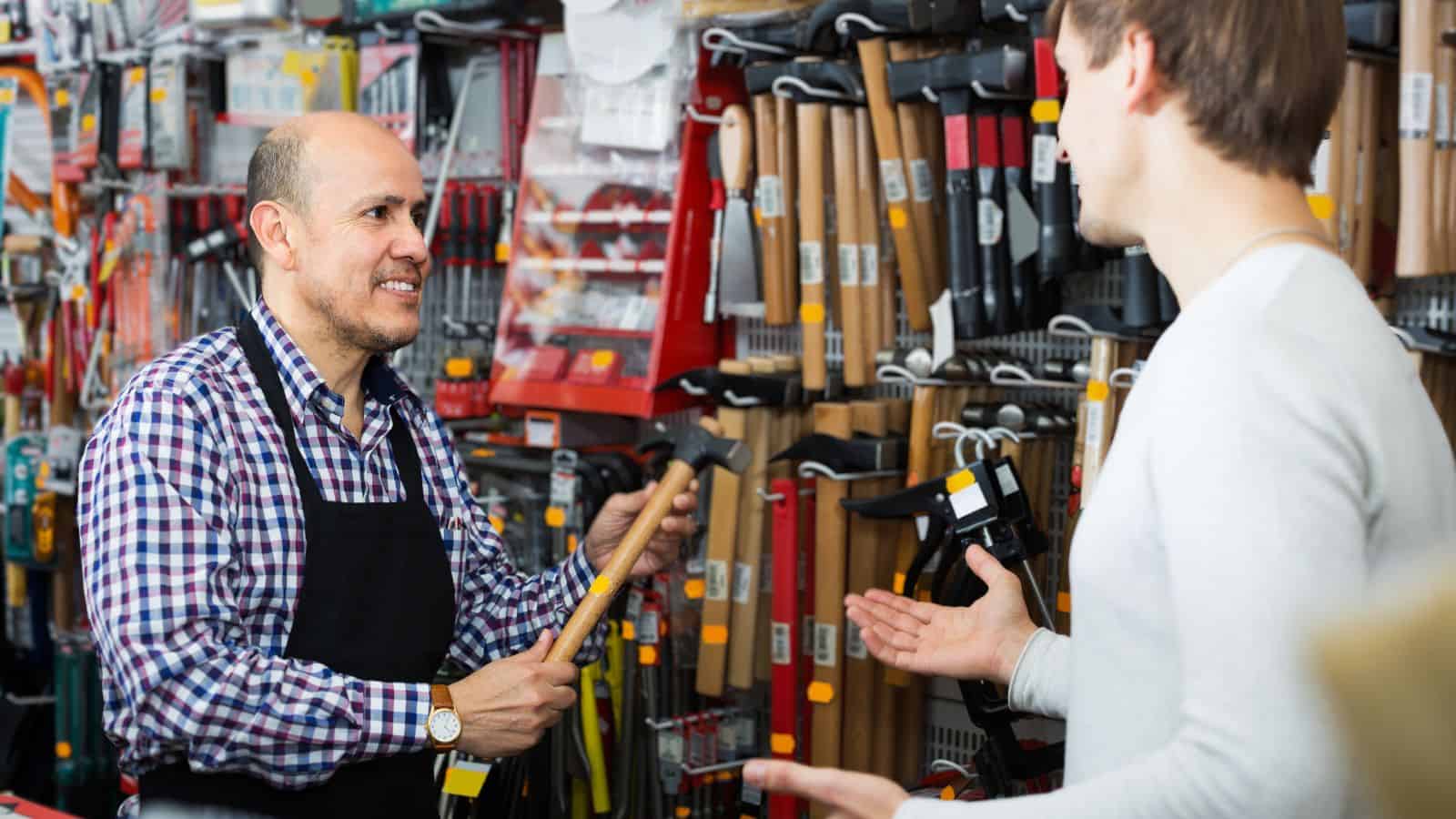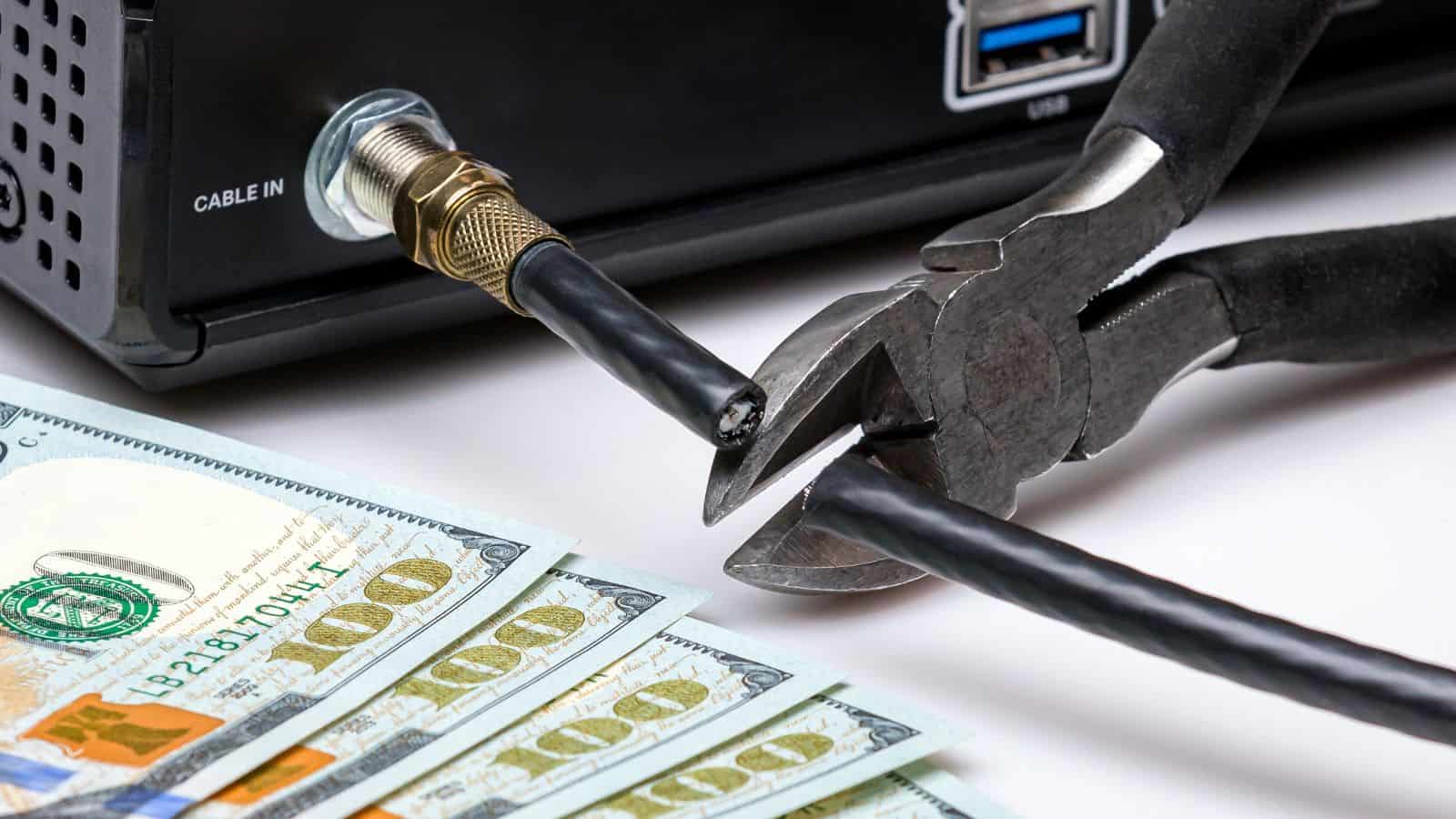Saving money doesn’t have to be hard work. There are simple things that you can do that take minimal effort and will still save you money. These savings can really add up, especially if you continue to use them over time.
In a recent online discussion, people discussed tips they use to save money. Here are 11 of their top choices.
Table of Contents
Use the 72-Hour Rule

The 72-hour rule just means that you don’t make purchases immediately. Instead, give yourself time to consider whether or not you really need the item.
One person said, “The 72 hour rule is pretty helpful. Basically, the gist of it is, if you want something that is not a necessity, instead of buying it immediately wait 72 hours. If after 72 hours, you still want it, then you can buy it. It seems that 80-90 percent of the time, after the 72 hours is up, I don’t end up buying the item I thought I wanted.”
Avoid Single-Use Items

Why would you want to keep buying the same item over and over again to only use it once? Save money and the environment by purchasing reusable items.
One woman said, “Try buying reusable objects in place of single use ones. It’s better for your wallet and environment. Steel water bottles, reusable K cups, dish towels instead of paper towels, etc. Over time the costs of little things really add up.”
Don’t Buy It Because You Have a Coupon

Don’t purchase something you don’t normally use just because you have a coupon for it. That’s not saving money. It’s spending money.
One person said, “Don’t buy something that you normally wouldn’t buy just because you have a coupon.” Someone replied, “My mom would always say, “you’ll go broke saving money.”
Shop the Unit Price

If you want to make sure that you are getting the best deal, shop with the per-unit price instead of the price you see on the shelf.
One man said, “When you’re at the grocery store, look at the price per ounce or whatever unit it is instead of the total price. It’s usually posted in one corner. It’s not going to save you tons of money, but it does add up. Plus it takes out the guess work when comparing similar items.”
Buy The Tools to Do It Yourself

There are YouTube videos that can show you how to repair anything, so see how much the tools cost versus the cost of the repair.
One man said, “If you can buy a tool to complete a repair for the same price as the repair itself, buy the tool and repair it for free next time.”
Use the Library

Yes, there are lots of amazing books at the library, but there are also classes, video games, DVDs, and free admission tickets to be found there if you just ask.
One person said, “Get yourself a library card. It’s not just books, but also movies, workshops, education, software, computer time, music. I’ve probably saved thousands on all sorts of stuff.”
Someone replied, “Having fun isn’t hard when you’ve got a library card!”
Buy Store Brand Products

You do know that most store brand products are really just one of the big brands in a different packaging, right? Save your money.
One lady said, “Do you really think Safeway, Kroger, Dollar General, Costco, and Walmart all have independent tuna canning facilities? NO! They’re sourcing the product from one of the big three (or however many) facilities that supply the name brand. This goes for the majority of store branded items.”
Make Your Lunch At Home

Buying groceries and making your lunch at home for the week is a much more economical and possibly healthier option than buying lunch out every day or several times per week.
One man said, “Make your own lunches for work. The cost of making/preparing your lunch for the week can be less than what you pay buying one days lunch.”
Don’t Buy the Cheapest Or the Most Expensive

When it is time to purchase items that you need, do not buy the cheapest item or the most expensive. The cheapest will break and need replacing, and the most expensive is likely a waste of money.
One person said, “Don’t buy the cheapest option. Often the middle priced option will be the best value. Things that are too cheap are worth what you paid for them.”
Get a New Quote For Car Insurance

If you haven’t shopped around for car insurance in a while, now is a good time to do it. You already have your phone out.
One man said, “Call around for car insurance. Do it right now. I was with Safeco the last 8 years, and happy I was paying less than in previous years. Just called around again after moving and found out I was paying roughly 2.5x what I should have been. It was like over $1,500 more a year.”
Drive Slower

Driving slower will save you gas and greatly reduce the amount of wear and tear on your vehicle, meaning less time and money spent at the mechanic.
One man said, “You will see an immediate increase in miles per gallon. Your brakes will last longer. Your tires will last longer. You will immediately be at a reduced risk for an expensive accident. Your engine will be able to go further before needing expensive repairs.”
35 Proven Ways to Save Money Every Month

Many people believe it’s impossible to save money. Or, they think saving $20 or $50 a month won’t amount to much. Both are incorrect. There are many simple money-saving tips that can add up to big savings. You just have to start one, then another, to increase your savings.
Ways to Save Money Every Month
15 Best Alternatives to Cable

You don’t necessarily need live TV to replace cable. Many streaming services offer quality content and good features to slash your bill.
15 Best Coupon Apps to Save Money

Saving money at the store is as simple as using your phone. Better yet, you can redeem savings for free PayPal money or gift cards. That’s a win-win.
15 Best Coupon Apps to Save Money
11 Grocery Store Ripoffs

Going to the grocery store can be painful, but there are ways to lessen the pain. Here are 11 ripoffs to avoid when shopping to stretch your budget further.
How to Watch Local TV Without Cable

Do you want your local networks, but don’t want to overspend for an expensive live service? You have options.
How to Watch Local TV Without Cable
This thread inspired this post.
I’m John Schmoll, a former stockbroker, MBA-grad, published finance writer, and founder of Frugal Rules.
As a veteran of the financial services industry, I’ve worked as a mutual fund administrator, banker, and stockbroker and was Series 7 and 63-licensed, but I left all that behind in 2012 to help people learn how to manage their money.
My goal is to help you gain the knowledge you need to become financially independent with personally-tested financial tools and money-saving solutions.






Leave a Reply